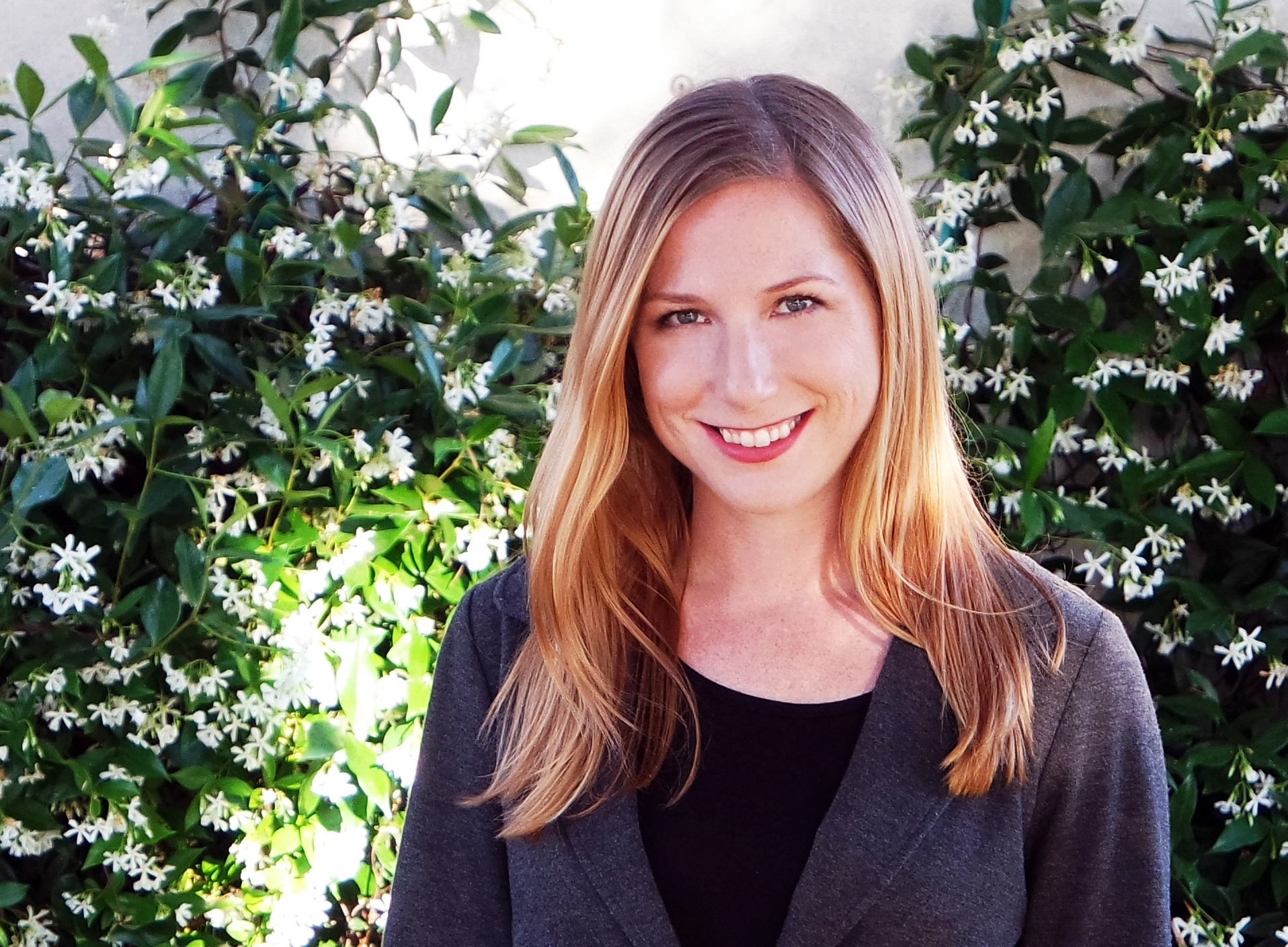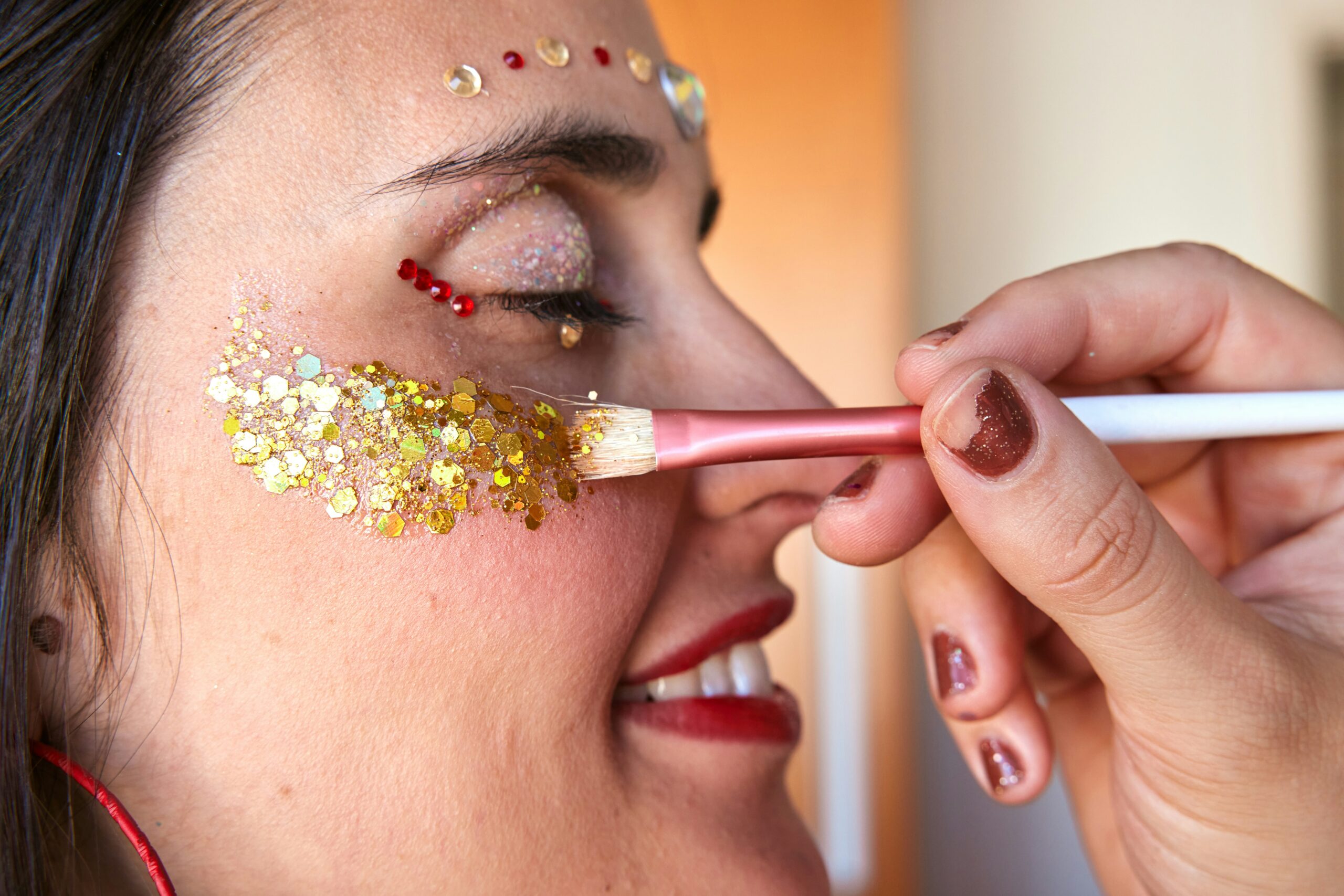Congratulations! You now have unexpected twins.
That was the moment I realized I wasn’t just parenting my newborn daughter—I was parenting my breast pump too. Specifically, the Spectra S1, which hummed beside me for hours a day like a second child with a never-ending appetite.
My baby came four weeks early, and while I rejoiced about avoiding the NICU and passing the car seat test, what came next became a grueling personal marathon.
I was feeding her eight times a day, following every two-hour latch attempts, and then a supplemental or replacement bottle feed.
I had accepted that this was how things were going to be and could barely wipe the sleep out of my eyes to question why I was on this hamster wheel, and how I was going to get off.
I didn’t know that babies can lose a significant amount of birth weight and getting them back there can be a momentous challenge. I didn’t know that cracked and bleeding nipples weren’t the norm. Most importantly, I didn’t know a proper latch entails a full areola in the mouth for a baby.
It was a classic case of tiny-mouth-meets-clueless-mom.
Every professional opinion that followed seemed to contradict the last, leaving me spinning. “Every baby is different!” was the catch-all, cop-out default phrase. Advice on seemingly trivial matters like nipple cream ranged from warnings against lanolin due to potential allergies to endorsements of it as the only clinically approved option.
From nipple shields to the “my breast friend” nursing pillow, to lactation bars and special drinks and special pumping bras, my wallet was starting to bleed as much as my nipples. I was on a mission to convince myself that this would finally be the game changer.
But, if I was honest, the game was feeling like a full-on losing streak.
My nipple trauma was only elevating to what felt and looked like a medical issue. So, I turned to the internet and my hospital-provided breastfeeding guide to get a lactation consultant (LC) on board. A few insurance denials, a “we have no appointments anytime soon,” and a complete ghosting by a hospital-based virtual support group nearly drained me of any hope.
Finally, salvation came in the form of an angel of an LC who showed up to a support group webinar.
She gave me real, applicable advice and invited me to a support group at a local hospital where they could give me a weighted feed and hands-on support with LCs. She even suggested special parking to ease my c-section recovery burdens. Her kindness brought me to tears.
I owe my breastfeeding turnaround to this support group. They educated me on the mechanics of a proper latch and provided invaluable tips to pump up my baby’s weight gain. We decoded that what I thought might be a good latch was actually not sufficient for my baby’s nourishment. In short: she wasn’t taking in enough ounces to grow and thrive.
So, they sent me home with a prescription for triple feeding— nursing, power pumping and donor milk supplementation — as I got my supply up. And it worked!
After several painstaking weeks, my baby got to her birth weight and even developed some adorable little fat rolls. But the latch still wasn’t happening, and I was unaware that triple feeding should only be temporary, or that it even had that name.
I just dubbed it my own personal hell.
Breastfeeding was consuming nearly all of my time, energy, and share of mind. And when I wasn’t focused on feeding, my anxieties pulsed on whether I was doing child development or sleep correctly. My sanity and self-care fell far to the back burner.
Thoughts of switching to formula danced through my mind more than once, as I had already started supplementing with it, and the high costs of donor milk were adding up (approximately $200+ for 25 ounces).
Truth be told, it wasn’t based on a valiant effort or noble thought like, “I must give my baby the liquid gold!” that kept me going. It was persistent clogged ducts from the massive oversupply I had created (unbeknownst to me).
The fact that I was finally producing was one of my few sources of pride at the time. So, as much as the journey had been predominantly traumatizing, the thought was more, “Well, I guess I might as well keep at it!”
It wasn’t until my six-week midwife checkup that I shared my feeding troubles, and with just a few keystrokes, I was ordered an LC. They could come right to my home and would be covered by my insurance. Wait, what? It could’ve been that easy?! In hindsight, I was confused about who to ask for help, and so drained from my efforts to keep on investigating and advocating for myself.
By then, feeding had finally started feeling natural, so I didn’t take them up on the offer. My daughter’s strong, healthy gulps signaled that maybe, just maybe, we had figured this out. But I was still on the “Mad Max” milkmaid track, as it was all that I knew.
A triumphant return to the support group validated our progress. A weighted feed confirmed that I could finally dial down the relentless pumping and bottle supplementation.
“Just two pumps a day?” Freedom never tasted so sweet!
The final puzzle piece clicked when I stumbled upon an Instagram post from @LALactation, enlightening me about the temporary nature of triple feeding. Relief washed over me, mingled with a bit of rage over my earlier struggles.
I started doing things like reading books outside as my baby slept, instead of feeding my Spectra. And most surprising to me, I eventually developed an enjoyable practice of breastfeeding my baby.
Today, I’m happily on the cusp of weaning, entirely on my terms. Though reflecting on those early, tumultuous days sometimes stirs mild heartburn, I prefer looking forward, using my experience to assure other mothers that it’s okay to forge your own path in the challenging journey of breastfeeding.
Breastfeeding is rarely the serene, angelic journey presented on social media. It’s tough, especially if you’re navigating it like many women do, without clear guidance.
When the doors for support feel extra hard to open, keep on knocking. And whatever you do, don’t be convinced to triple pump beyond a few weeks and without supervision from a lactation professional.
Author
-

Annie Drury is a passionate public relations, influencer, and marketing specialist. She works with a diverse clientele, including travel, food, technology, and wellness brands, and enjoys bringing client stories to life to connect with audiences. In her free time, you can find her traveling, reading, sailing, exploring the outdoors, or spending time with her family.
View all posts




